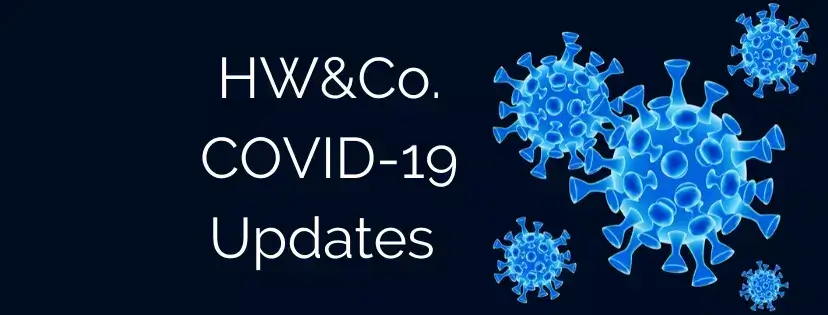An SBA Section 7(b) Economic Injury Disaster Loan (EIDL) Program provides up to $2 million to help business with fewer than 500 employees pay fixed debts, payroll, accounts payable, and other bills that can’t be paid due to the loss of revenue caused by a declared disaster. The loans cannot be used to cover lost profits. However, depending on the industry, a business can be eligible even if it employs 500 to 1,500 employees. View the SBA’s table of size standards here for more infomation.
The interest rates for the loans are 3.75% for small businesses and 2.75% for not-for-profits. The SBA determines terms on a case-by-case basis, based on each borrower’s capacity for making monthly loan repayments. The maximum loan term is 30 years.
The loans also offer a one-year deferment on payments. This means that the first payment isn’t due until a year after the official date of the loan. However, interest starts accruing on the loan the moment the funds are disbursed.
Small businesses can apply for the loans at disasterloan.sba.gov/ela. The SBA usually provides assistance in the field after natural disasters, but to comply with social distancing, all assistance is being moved online. Online webinars and training videos will provide businesses with information on how to complete the applications. Staff that usually would be on location will be working to support applicants virtually.
Areas eligible for SBA disaster loans can be found on the Coronavirus (COVID-19) page on the SBA website. As of March 20, those areas included Arizona, California, Colorado, Connecticut, Delaware, the District of Columbia, Florida, Georgia, Illinois, Indiana, Louisiana, Maine, Maryland, Massachusetts, Michigan, Montana, Nevada, New Hampshire, New Jersey, New Mexico, New York, North Carolina, Ohio, Pennsylvania, Rhode Island, South Carolina, Tennessee, Utah, Virginia, Washington, West Virginia, and certain counties in Alabama, Arkansas, Idaho, Iowa, Kentucky, Mississippi, Missouri, North Dakota, Oregon, Texas, Vermont, Wisconsin, and Wyoming.




